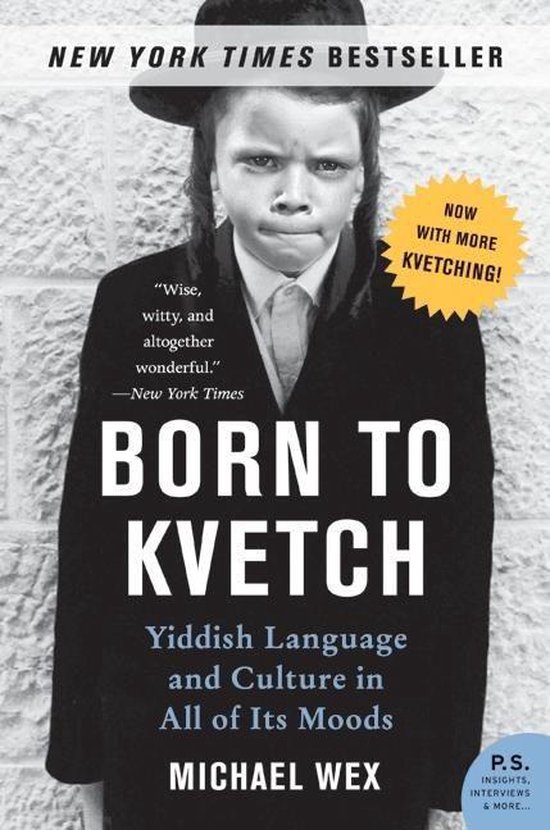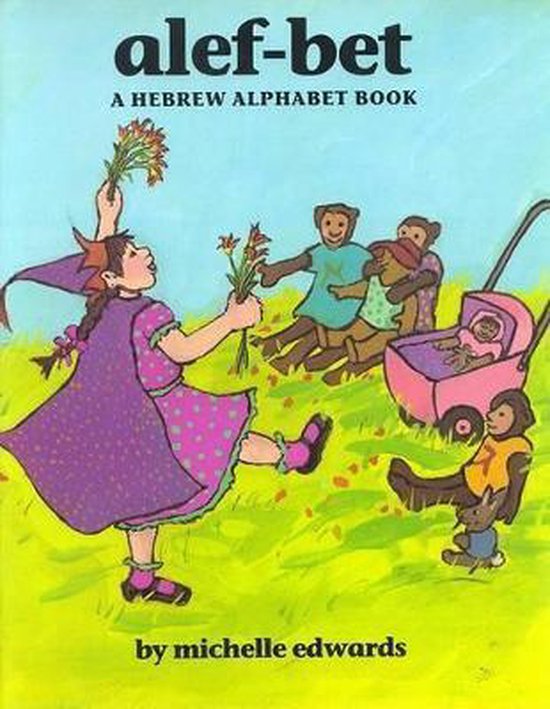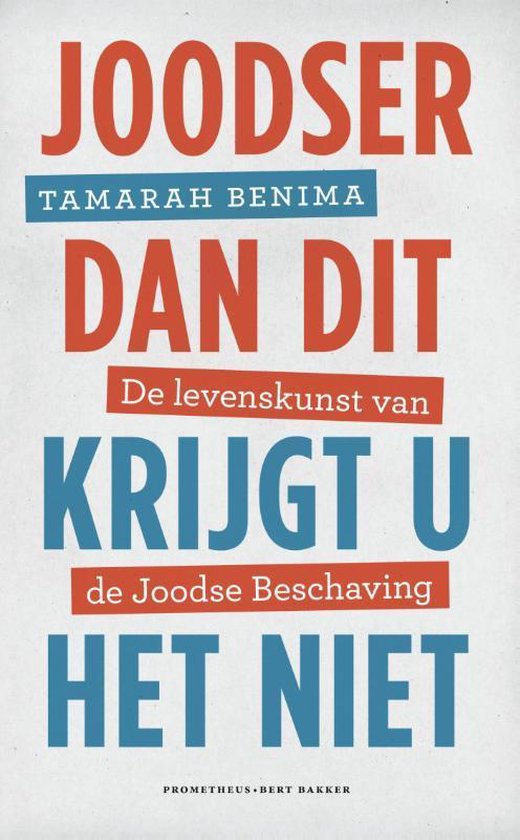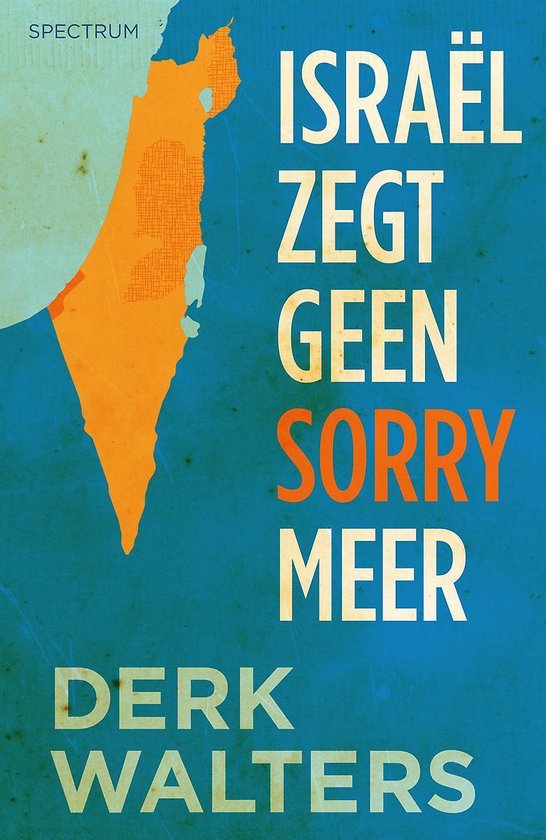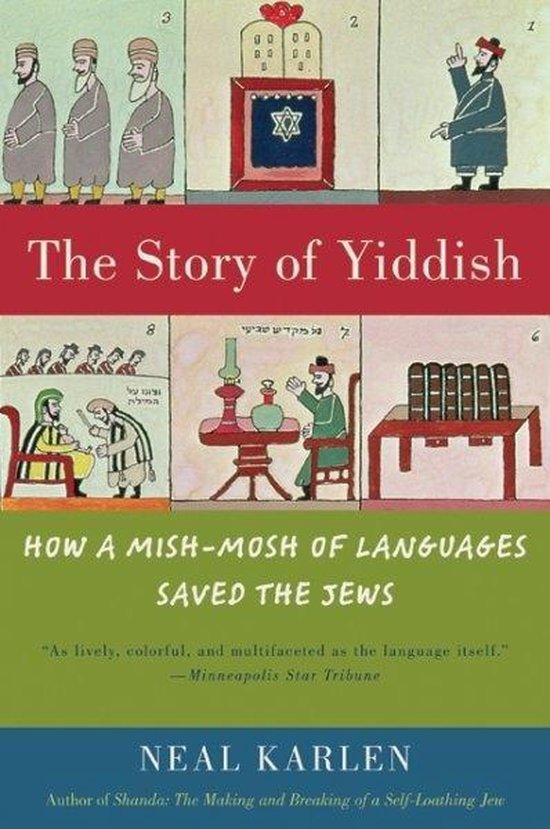
The Story of Yiddish
Scholars usually date Yiddish from the 11th century, when modern linguists believed the language began as a German dialect spoken by newly arrived Jewish immigrants from France and Northern Italy living along the Rhine. Over time, it became an actual language incorporating elements of Hebrew, Aramaic, and the Slavic and Romance languages.
Scholars usually date Yiddish from the 11th century, when modern linguists believed the language began as a German dialect spoken by newly arrived Jewish immigrants from France and Northern Italy living along the Rhine. Over time, it became an actual language incorporating elements of Hebrew, Aramaic, and the Slavic and Romance languages. As the story proceeds through the centuries, Karlen highlights the intertwining fates of Judaism and Yiddish. The language would reach literary heights in the 19th century and 20th centuries.Yet in the middle of the 20th century, while the language and culture was at its zenith, Yiddish faced two of its gravest enemies - the genocidal Nazis and the early, proud Zionists who founded Israel in the wake of the Holocaust and decided that with a new Jewish homeland, there would also have to new kind of Jew, speaking a different kind of language. It wasn't until roughly a decade ago that a new generation has begun to work zealously to recapture Yiddish before it disappears.
Scholars usually date Yiddish from the 11th century, when modern linguists believed the language began as a German dialect spoken by newly arrived Jewish immigrants from France and Northern Italy living along the Rhine. Over time, it became an actual language incorporating elements of Hebrew, Aramaic, and the Slavic and Romance languages. As the story proceeds through the centuries, Karlen highlights the intertwining fates of Judaism and Yiddish. The language would reach literary heights in the 19th century and 20th centuries.Yet in the middle of the 20th century, while the language and culture was at its zenith, Yiddish faced two of its gravest enemies - the genocidal Nazis and the early, proud Zionists who founded Israel in the wake of the Holocaust and decided that with a new Jewish homeland, there would also have to new kind of Jew, speaking a different kind of language. It wasn't until roughly a decade ago that a new generation has begun to work zealously to recapture Yiddish before it disappears.
| Auteur | | Neal Karlen |
| Taal | | Engels |
| Type | | Paperback |
| Categorie | | Taal |
